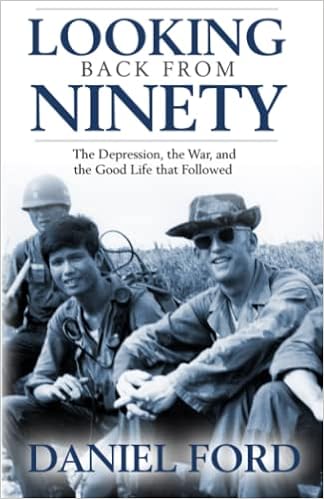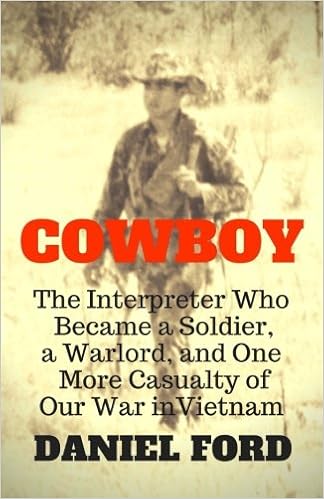Inflation by the ounce
On the day I was born -- November 2, 1931 -- my father could have bought an ounce of gold for $21. (Dad didn't have $21 to spare, of course. He was the typical American laborer, earning 35 cents an hour for a 60-hour week.) On the Dollar Times website, I see that inflation over my lifetime has averaged 3.21%, meaning that a 1931 dollar today equates to $20.13. That bit of gold should be worth $423!
In fact, gold passed $5,300 an ounce the other day. That's what the smart money thinks it's worth, since gold's value, unlike the dollar's, ought to keep increasing as the years go by.










